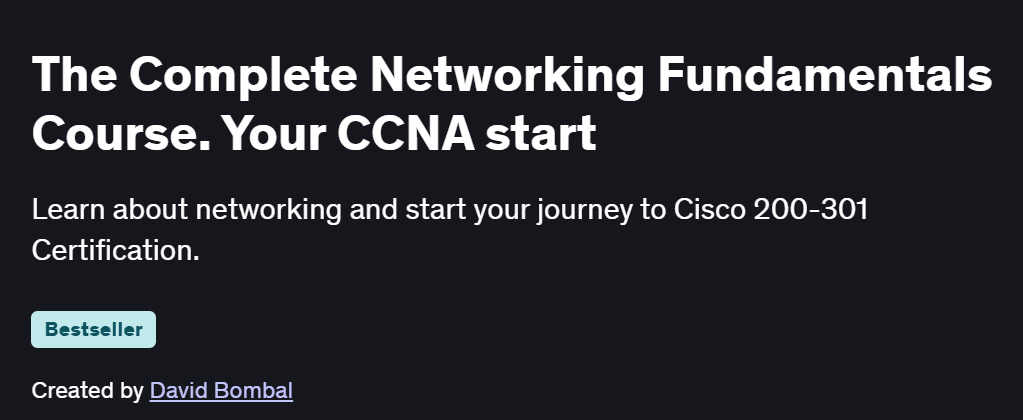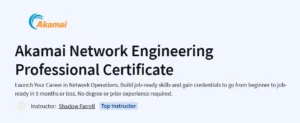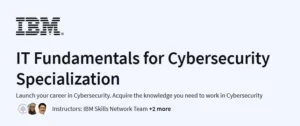What will you in The Complete Networking Fundamentals Course. Your CCNA start Course
Understand networking basics including IP addressing, subnetting, and protocols
Learn how data travels across networks and the OSI model structure
Gain foundational knowledge for configuring routers, switches, and firewalls
Build practical skills with real-world labs and Cisco Packet Tracer
Prepare for entry-level networking roles and future CCNA certification
Program Overview
Introduction to Networking
⏳ 45 minutes
What is a network? Types of networks and topologies
OSI and TCP/IP models explained in simple terms
IP Addressing and Subnetting
⏳ 1 hour
IPv4 addressing, subnet masks, and default gateways
CIDR notation, subnetting calculations, and practice exercises
Switches, Routers & Firewalls
⏳ 1 hour
Functions and roles of routers, switches, and firewalls
Basic configuration using Cisco CLI and Packet Tracer
Cabling, Devices & Packet Flow
⏳ 45 minutes
Ethernet standards, straight-through vs crossover cables
MAC addresses, ARP, and how packets move across networks
Wireless, NAT, and DHCP
⏳ 45 minutes
Introduction to wireless networking and encryption types
NAT, DHCP, DNS – core services in modern networks
Real-World Labs & Simulations
⏳ 1 hour
Cisco Packet Tracer setup and configuration labs
Step-by-step simulations of common networking scenarios
Certification & Career Path Guidance
⏳ 30 minutes
Introduction to the CCNA path and what’s next after this course
Career options and tips to start a networking career
Get certificate
Job Outlook
Networking is the backbone of IT infrastructure, and demand for skilled professionals is growing
Common roles include Network Technician, Support Engineer, and IT Administrator
Entry-level certifications like CCNA open doors to advanced careers in cybersecurity and cloud
Strong job prospects in enterprises, telecom, MSPs, and remote freelancing
Specification: The Complete Networking Fundamentals Course. Your CCNA start
|
FAQs
- No prior experience is required; course is beginner-friendly.
- Introduces networking basics like IP addressing, protocols, and OSI model.
- Explains concepts in simple, easy-to-understand language.
- Includes practical labs to reinforce learning.
- Prepares students for further CCNA or networking studies.
- Includes labs and simulations using Cisco Packet Tracer.
- Covers practical configuration of routers, switches, and firewalls.
- Demonstrates real-world networking scenarios.
- Encourages practice of IP addressing, subnetting, and packet flow.
- No real hardware is required; Packet Tracer provides a safe virtual environment.
- Provides foundational knowledge required for CCNA exams.
- Covers core topics like IP addressing, subnetting, routing, and switching.
- Introduces CCNA career path and next steps.
- Additional advanced courses or resources may be needed for full exam readiness.
- Builds confidence for entry-level networking roles.
- Total duration is approximately 5–6 hours.
- Modules range from 30 minutes to 1 hour each.
- Self-paced with lifetime access for flexible learning.
- Ideal for working professionals or students balancing other commitments.
- Time investment is enough to grasp core networking principles.
- Prepares learners for roles like Network Technician, Support Engineer, and IT Administrator.
- Builds foundational knowledge for advanced networking and cybersecurity roles.
- Emphasizes practical skills for entry-level job readiness.
- Explains networking concepts applicable across enterprise, telecom, and managed service provider environments.
- Supports career growth with understanding of industry-standard tools and practices.





